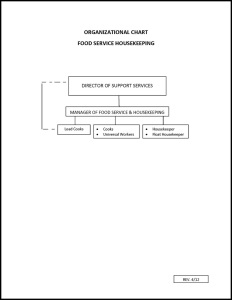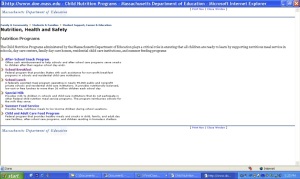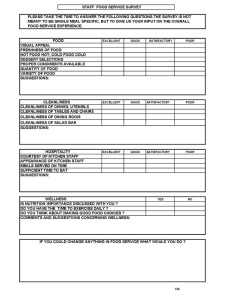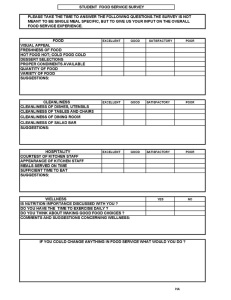A. Sanitize
1. Sanitize with a disinfectant solution; chairs, lamps, window sills, counters and desk tops, telephones, sinks, furniture, door handles.
B. Spot Clean
1. Spot clean walls, doors, and doorframes.
2. Remove finger marks and smudges. Spot clean interior glass doors and glass windows.
C. Clean and sanitize washrooms and bathrooms
1. Wet wipe curtain rods, fixtures, shelves and ledges with a disinfectant cleaner.
2. Thoroughly clean, sanitize and polish bathtub, and/or shower
with a shower cleaner.
3. Clean and sanitize lavatory and toilet bowls inside and outside.
4. Replenish the supply of dispenser items such as toilet tissue, soap and paper towels.
5. Wet clean floors with a disinfectant cleaner to kill pathogens.
6. Clean and polish mirrors.
7. Spot clean and sanitize walls.
D. Empty and clean waste receptacles
1. Empty waste receptacles
2. Wet wipe using a disinfectant cleaner. Reline waste receptacles as needed.
E. Arrange Furniture
1. Place all furniture in standard pattern for respective rooms.
F. Dry mop/vacuum floors
1. Thoroughly clean floors using a chemically treated mop that will reduce airborne dust.
2. Vacuum carpet to remove surface soil and dirt.
G. Wet mop floors
1. Wet clean floor with a disinfectant cleaner.
H. Spot clean floors
1. Spot clean floors to remove spots from spillage.
2. Burnish floors with a floor finish solution to restore their appearance.




